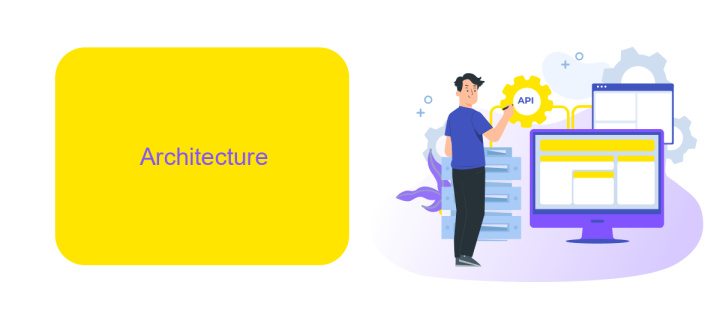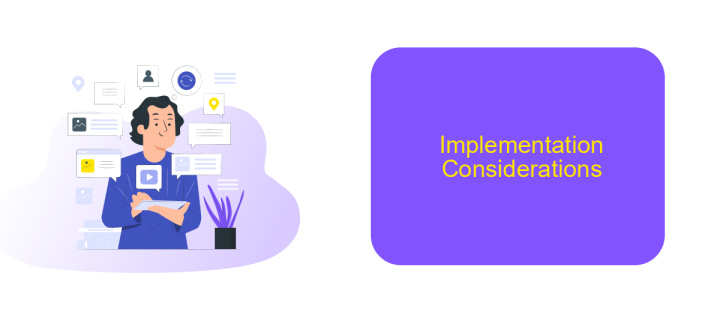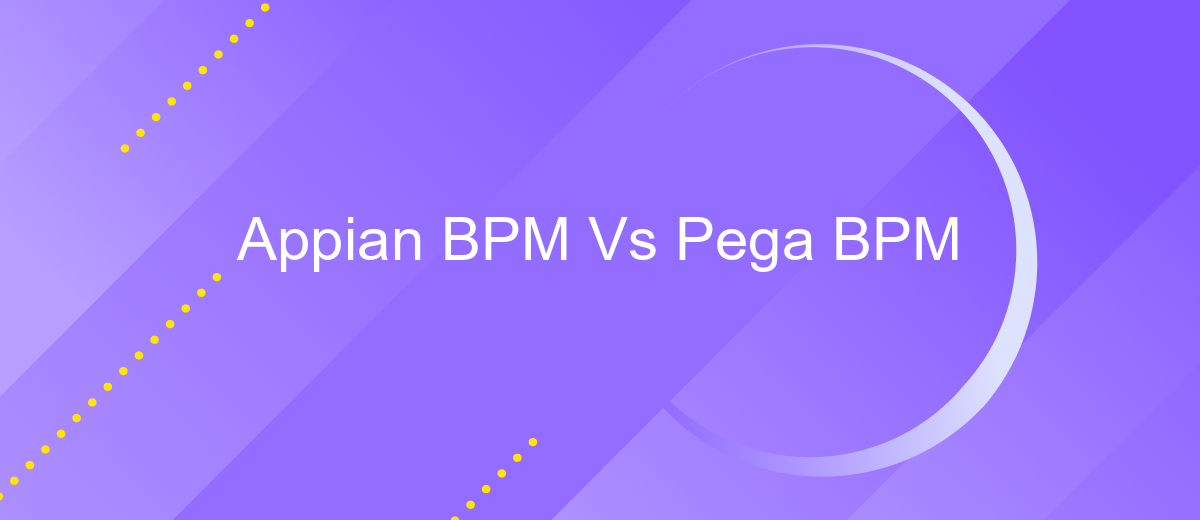Appian BPM Vs Pega BPM
In the dynamic world of Business Process Management (BPM), selecting the right platform can significantly impact organizational efficiency and agility. Appian BPM and Pega BPM are two leading contenders, each offering unique features and capabilities. This article delves into a comparative analysis of Appian BPM and Pega BPM, exploring their strengths, weaknesses, and suitability for various business needs.
Overview
Appian BPM and Pega BPM are two leading platforms in the Business Process Management (BPM) sector, each offering unique features and capabilities. Both platforms aim to streamline business processes, enhance efficiency, and drive digital transformation within organizations. However, they cater to different needs and preferences, making it essential to understand their core differences.
- Appian BPM: Known for its low-code development environment, Appian enables rapid application development and deployment. It offers robust process automation, case management, and integration capabilities.
- Pega BPM: Pega excels in providing a comprehensive suite of tools for process automation, customer relationship management (CRM), and decision management. It is renowned for its scalability and flexibility in handling complex business processes.
When it comes to integration, both platforms support various services to ensure seamless connectivity with other systems. For instance, ApiX-Drive can be utilized to facilitate integrations, allowing businesses to automate data transfer and synchronize applications effortlessly. By leveraging such services, organizations can maximize the potential of their BPM solutions, ensuring efficient and cohesive operations.
Architecture

Appian BPM and Pega BPM both offer robust architectures designed to streamline business processes, but they differ significantly in their approach. Appian BPM leverages a low-code platform that enables rapid development and deployment of applications. Its architecture is cloud-native, supporting scalability and flexibility, which makes it suitable for organizations looking to modernize their IT infrastructure. Appian also integrates seamlessly with various third-party services, including ApiX-Drive, which facilitates easy and efficient API integrations, enhancing connectivity across different business systems.
Pega BPM, on the other hand, emphasizes a more comprehensive, unified architecture that combines business process management with customer relationship management. It offers a rules-driven approach, allowing businesses to automate complex decision-making processes. Pega's architecture is designed to support high levels of customization and scalability, making it ideal for large enterprises with intricate workflows. While Pega also supports integrations, it often requires more in-depth configuration compared to Appian. However, services like ApiX-Drive can simplify these integrations, providing a more streamlined approach to connecting various enterprise applications.
Functionality

When comparing Appian BPM and Pega BPM, it is essential to look at their functionality to understand which platform better suits your business needs. Both platforms offer robust features, but they differ in certain areas.
- Process Modeling: Appian provides an intuitive drag-and-drop interface for process modeling, making it easy for non-technical users to design workflows. Pega also offers a visual modeling tool but includes more advanced options for complex scenarios.
- Integration Capabilities: Appian excels in seamless integration with third-party applications using its built-in connectors and REST APIs. Pega, on the other hand, offers extensive integration options but may require more technical expertise. For additional ease of integration, services like ApiX-Drive can be utilized to automate data flows between multiple systems.
- Case Management: Both platforms provide strong case management features. Appian focuses on simplicity and user-friendliness, while Pega offers more customization and advanced case management capabilities.
Overall, both Appian BPM and Pega BPM offer comprehensive functionality, but the choice depends on your specific requirements. Appian is ideal for businesses seeking ease of use and quick deployment, whereas Pega is better suited for complex, highly customizable solutions.
Implementation Considerations

When considering the implementation of Appian BPM or Pega BPM, it is crucial to evaluate the specific needs and goals of your organization. Both platforms offer robust capabilities for business process management, but their suitability can vary depending on factors such as existing infrastructure, team expertise, and integration requirements.
One of the primary considerations is the ease of integration with existing systems. Appian and Pega both provide extensive integration options, but the choice may depend on the specific third-party services and applications your organization relies on. For instance, leveraging tools like ApiX-Drive can simplify the integration process, enabling seamless data flow between various platforms.
- Assess the compatibility with current IT infrastructure.
- Evaluate the learning curve for your team.
- Consider the scalability and future growth of the platform.
- Analyze the cost implications and ROI.
- Review user and technical support availability.
Ultimately, the decision between Appian BPM and Pega BPM should be guided by a thorough analysis of your organization's unique requirements and long-term objectives. A well-planned implementation strategy will ensure that the chosen platform delivers maximum value and efficiency.
Conclusion
In conclusion, both Appian BPM and Pega BPM offer robust solutions for business process management, each with its own set of strengths. Appian stands out for its user-friendly interface and rapid application development capabilities, making it an excellent choice for organizations looking to quickly deploy and adapt their BPM solutions. On the other hand, Pega BPM excels in scalability and complex process automation, ideal for larger enterprises with intricate workflows and extensive integration needs.
When it comes to integration, both platforms provide comprehensive tools to connect with other systems, though the ease of use may vary. For organizations seeking seamless integration capabilities, services like ApiX-Drive can be invaluable. ApiX-Drive simplifies the process of connecting various applications and automating data flows, ensuring that businesses can fully leverage the strengths of either BPM platform. Ultimately, the choice between Appian and Pega will depend on specific organizational needs, existing infrastructure, and long-term strategic goals.


FAQ
What are the primary differences between Appian BPM and Pega BPM?
Which platform is easier to use for non-technical users?
How do Appian BPM and Pega BPM handle integrations with other systems?
What are the deployment options available for Appian BPM and Pega BPM?
Can both Appian BPM and Pega BPM support mobile applications?
Strive to take your business to the next level, achieve your goals faster and more efficiently? Apix-Drive is your reliable assistant for these tasks. An online service and application connector will help you automate key business processes and get rid of the routine. You and your employees will free up time for important core tasks. Try Apix-Drive features for free to see the effectiveness of the online connector for yourself.

